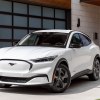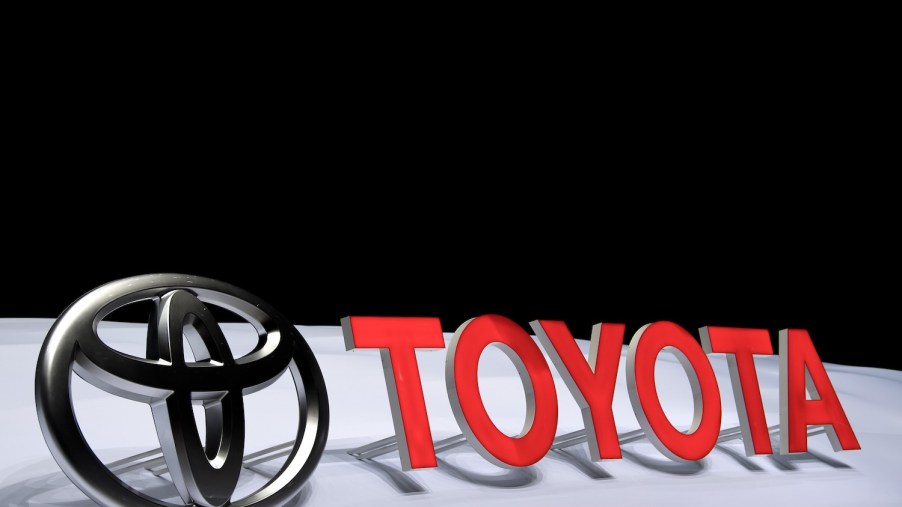
Is Toyota Planning Ahead for a Worldwide Lithium Shortage?
Mercedes’ chief technology officer has warned about a looming lithium shortage that may double the price of EVs and hybrid vehicles. But it looks like Toyota is already at work engineering future hybrid vehicles around older nickel metal hydride (NiMH) batteries.
Are we running out of Lithium?
Automakers are producing more electric vehicles–and thus Lithium-ion batteries–every model year. The lithium industry is scrambling to get more mines online, but we are on track to outpace our current production.
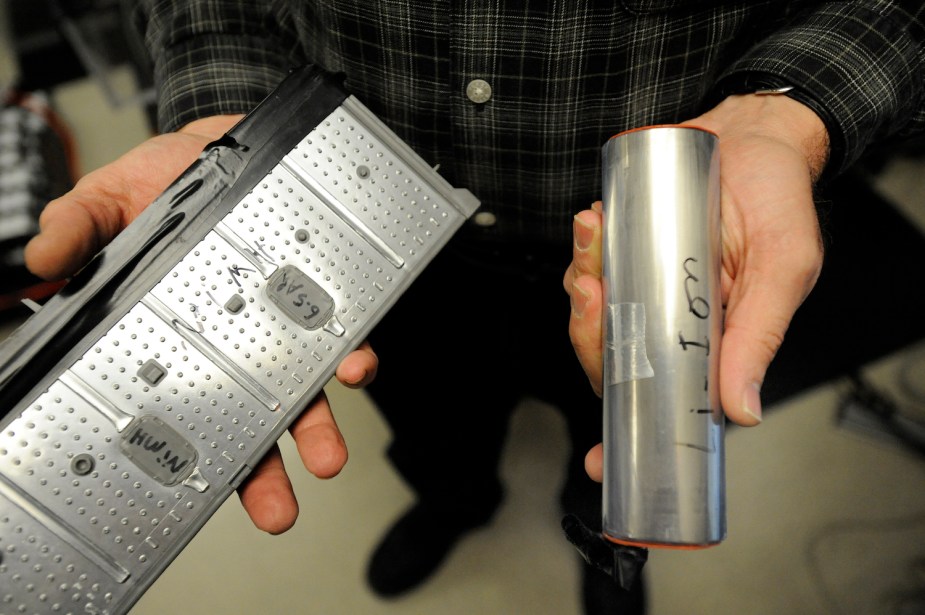
Yahoo News specified, “The demand for lithium batteries is on pace to far outstrip the capacity of current rare-earth metal mines. Earth has more deposits of lithium, but bringing mines online is complicated and expensive.”
Mercedes’ chief technology officer, Markus Schäfer, believes he will be able to sell EVs at a similar price point to internal combustion vehicles when he can build batteries for $50 per kWh. But that day is a ways away. Mercedes is still chasing the $100 per kWh mark, and Schäfer doesn’t believe we can build enough lithium mines to reach the $50 pricepoint: we will need an all-new battery type.
Schäfer added, “I would say this is far out there…I don’t see that with the chemistry that we have today.”
Is Toyota prepared for a lithium shortage?
While Toyota’s PHEVs, such as the Prius Prime, require Li-ion batteries, not all of its hybrids do. Toyota builds some Prius and all Tundra hybrids using older NiMH batteries with nickel instead of lithium. One of the reasons it still uses NiMH is so it can pivot away from lithium if necessary.
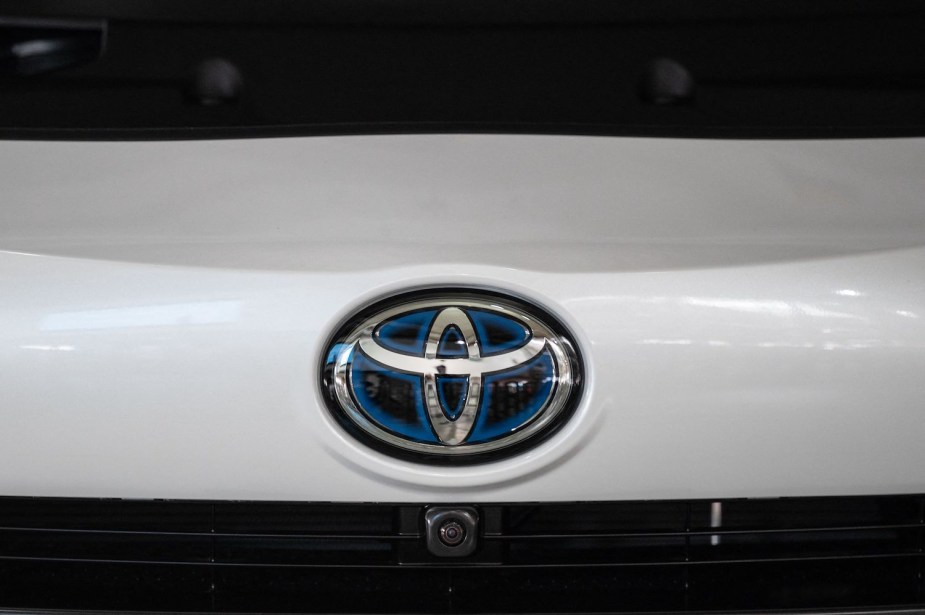
Take, for example, the Prius. While a Li-ion battery may be preferable for the highest possible MPG, a Prius can operate with a NiMH battery as well. The NiMH battery is roughly 25 percent heavier (165 pounds vs 132). It also takes up 20% more volume.
Toyota actually builds some models of the Prius with both. Every AWD Prius has a NiMH battery. This may be because a nickel battery loses less capacity when subjected to extreme temperature fluctuations than a Li-ion battery, and Toyota expects more drivers in snowy states opt for AWD.
Toyota admits that there are other reasons to engineer a NiMH version of every Prius generation. The chief Prius engineer, Shoichi Kaneko, told Geen Car Reports that Toyota could swap its entire lineup from Li-ion batteries to NiMH batteries if necessary.
Green Car Reports theorized that reasons Toyota would need to move away from Lithium-ion batteries could include, “politics, trade tariffs, or simple supply and demand.”
Would rising lithium prices increase hybrid and EV prices?
At the moment, better mining and manufacturing systems are causing lithium-ion battery prices to fall. If the rate at which we build Li-ion vehicles increases faster than the rate at which we mine lithium, a shortage could lead to a temporary price spike.
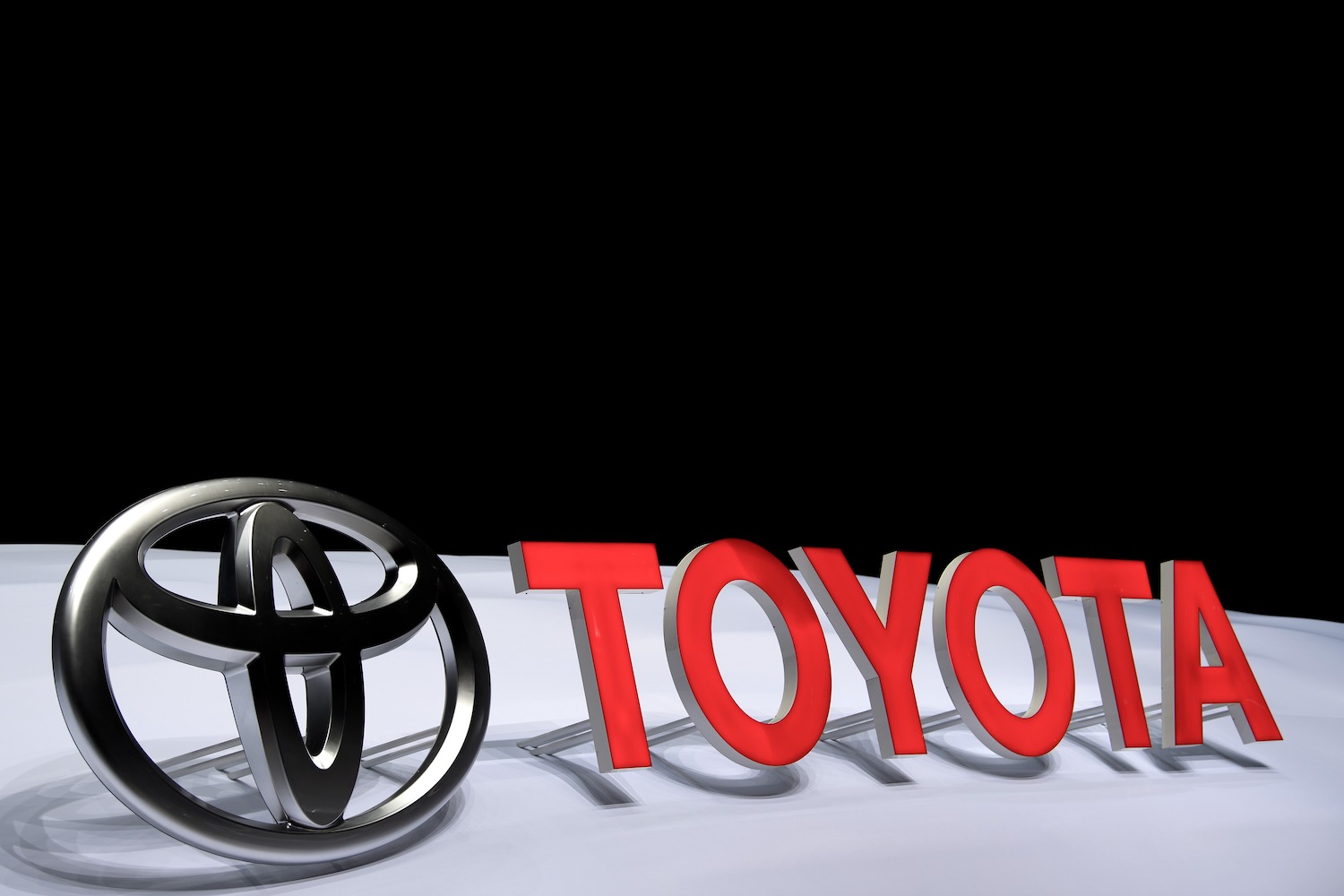
When a global semiconductor shortage crippled the automotive industry, we saw some interesting responses: Some manufacturers removed high-tech features that required processors. This approach would be similar to pivoting to NiMH batteries. But other automakers ensured profitability by focusing their semiconductor supply on larger vehicles and luxury vehicles, which demand a higher price. Perhaps hybrid manufacturers besides Toyota will move even further upmarket until more lithium mines come online.
Learn about whether NiMH batteries are actually worse.


